Aaron Hawkins likened losing the mayoralty to going through ‘‘a very public divorce’’.
‘‘You have made all of these long-term plans and you thought you were in this together, and then you find very suddenly that is not what is happening anymore.’’
And then came the emails: ‘Just fuck off already’, said one.
‘‘What more do you want from me?’’ Hawkins, who had effectively lost his job, said of that unsolicited email.
The 38-year-old knew the writing was on the wall when he saw other election results come in, including Invercargill, Whanganui and Lower Hutt.
Those results said ‘‘this was going to be a big deal up and down the country’’.
Hawkins, who only stood for mayor and not council, finished second to Jules Radich (you can read more about him here).
His mayoral pay ends this week, but while he was looking for a job he had “no intentions of leaving the city’’.
While he has been touted as a future MP for the Green Party: ‘‘I don’t know if I have the stomach for running another campaign at the moment’’.
‘‘And I have the small matter of trying to stay solvent . . .’’
Hawkins, who was first elected to council in 2013 after initially trying in 2010, was looking forward to spending more time with his family and a degree of normality back in his life.
While many residents knew of him when he worked as a councillor, that changed when elected to the mayoralty in 2019.
‘‘What you can’t prepare for in this job is becoming so conspicuous.’’
The arts-loving mayor even stopped going to shows, noting that even the simple act of walking around town with his son - now six - could attract abuse from strangers.
He recalled his son trying to read a sandwich board outside a jewelers, which featured his father’s face, and the word ‘BANNED’.
Hawkins noted the increased vitriol directed towards council.
‘‘There were a lot of angry people.’’
That included receiving a picture of his face photoshopped onto a man’s scrotum.
“You just don’t have the energy to reply.’’
Hawkins said he didn’t have particularly thick skin, noting ‘‘ . . . I’m a pretty emotional person’’.
It was a particularly difficult if that vitriol impacted his family.
That included a person (who incidentally stood for council) giving directions to his house.
His family car was also paint bombed, while another incident involved a man turning-up at his house late on a Saturday night, banging on the doors and windows to ‘‘talk to his elected representative’’.
While he acknowledged as a straight, white, middle-class man ‘‘I got a pretty easy ride, whereas many of my female colleagues, or Māori colleagues, don’t’’.
The impact of Covid resulted in many people feeling angry, and that manifested in a backlash to some projects such as the George St dots - a Covid response - which NZTA contributed $18,000 and council $2500.
The project was frequently cited by council detractors, and ‘‘imagine that being the sum total of your political discourse’’, Hawkins said.
‘‘We did that for the right reasons . . .I don’t regret doing that.’’
Nor did he regret the redevelopment of George St, noting that project was later taken up ‘‘as a political crusade by politicians’’.
‘‘I find it remarkable what people are prepared to run in a daily newspaper, Hawkins said.
Despite the political campaigning, any move to change George St was ‘‘highly unlikely’’, he said.
He remained surprised how people bought into a negative narrative about the city ( I note this week a release pointed out the city ranked highest out of eight cities as a great place to live), attending meetings where he would hear how the city was dying, or haemorrhaging jobs.
But he believed history would be kinder on the work of the previous council, which he led.
‘‘I certainly never did it for myself, the job is to make the best long-term decisions you can in the interests of the community, and sometimes you do that knowing they are going to be unpopular in the short-term.’’
Debating over the state highway system during an election campaign was one example, he said.
Transport was always going to be a big issue, particularly for those who vote in local body elections.
While everyone believed parking in the central city was terrible, that was a narrative driven more by dubious claims than any ‘‘quantifiable metric’’.
‘‘Have a look around . . . there doesn’t appear to be any problem.’’
He also noted top issues from surveying residents included the condition of the roads and the number of road works as two areas of complaints, but ‘‘you can’t have both’’.
‘‘I’m not trying to dismiss the feedback people have given, but the jobs of politicians is to make sense of that.’’
When Hawkins was elected he came from an activist background, finding the adjustment difficult at first.
‘‘I was reasonably direct in my politics when I first started.’’
The previous council had been involved in big ticket items, most noticeably the stadium, but that had led to a period of ‘‘self-imposed austerity’’.
That included no budgets for the likes of playground and public art: ‘‘largely as a political response to community angst about the stadium project’’.
‘‘And we’ve only really in the last two cycles, starting building that work back up.’’
Hawkins, who had run for the mayoralty since 2010, said he never ran a negative campaign but noted this time around ‘‘it was hard to fight against people so comfortable misrepresenting the work we are doing’’.
That included the dots on George St, the street’s makeover, the coastal plan and Three Waters.
‘‘That isn’t an excuse for losing, but it does make it difficult.’’
The Three Waters’ campaign has enabled and emboldened people, and was a ‘‘proxy for a far bigger and messier discussion about what it means to be a bicultural nation’’.
The city’s relationship with mana whenua was the single most important political relationship for council to maintain, acknowledging the work of his predecessor, the late Dave Cull.
‘‘Relationships are fragile,’’ he noted.
And the protest movement against water reform had been ‘‘pretty damaging”.
While it may be a good short term political option, it was not in the best long-term interest of the city, he said.
‘‘Politically the easiest thing to do was to just get angry, disengage from it and protest. But if you accept it is a political inevitability, how is your community best served by you disengaging?
On the election results around the country: ‘’We knew there was going to be backlash against the status quo, but nobody anticipated it would be as extreme as that’’.
And it would be naive of the Government not to think it didn’t play a part, due to a central reform programme including the likes of polytechs, the health system or Three Waters.
‘‘I don't see how our community is better served by just being angry about things we have no direct control over.’’
Hawkins had no regrets about not standing for council, the idea of hanging around and ‘white-anting the mayor’ did not seem to be a constructive thing to do.
He was quick to dispel rumours that Wellington party officials ran his campaign, which was done at a local branch level.
That campaign couldn’t match the ‘‘saturation’’ campaign of his rival.
While he leaves a role earlier than planned, he was proud to have served as city mayor. He was from ‘‘a marginal political movement’’ which had no record of getting elected as mayor.
‘‘That is not something that happens very often . . . it is extraordinary that it ever happens.
“We took the opportunity to do as much as we could in the time that we had.’’
Thanks for sharing.
And this just in:
Crs Walker and Benson-Pope clearly on the outer.
This week has been a busy one, with Monday bookended with two appearances in court of men accused of murder. You can read those accounts here or here.
Dunedin is one of the country’s safest cities, so that was an unusual day. Usually crime down south is more like this:
PSA if you get angry while waiting in traffic, remember there is a large Groundswell protest, dubbed We’re Not Going To Take It, heading to the Octagon on Thursday afternoon.
Here is my Tweet of the Week


And congratulations to Julie Woods, who completed her quest to walk every street in Dunedin, by walking Every St, in Dunedin.
And a belated Happy Birthday to Josephine, check this out.
This week I’m going to leave you with a quick video from the NZSO and Shayne Carter, which was on Saturday night.
This clip features Norma the organ, which was announced as being the best town hall organ in the world.
Enjoy your week.




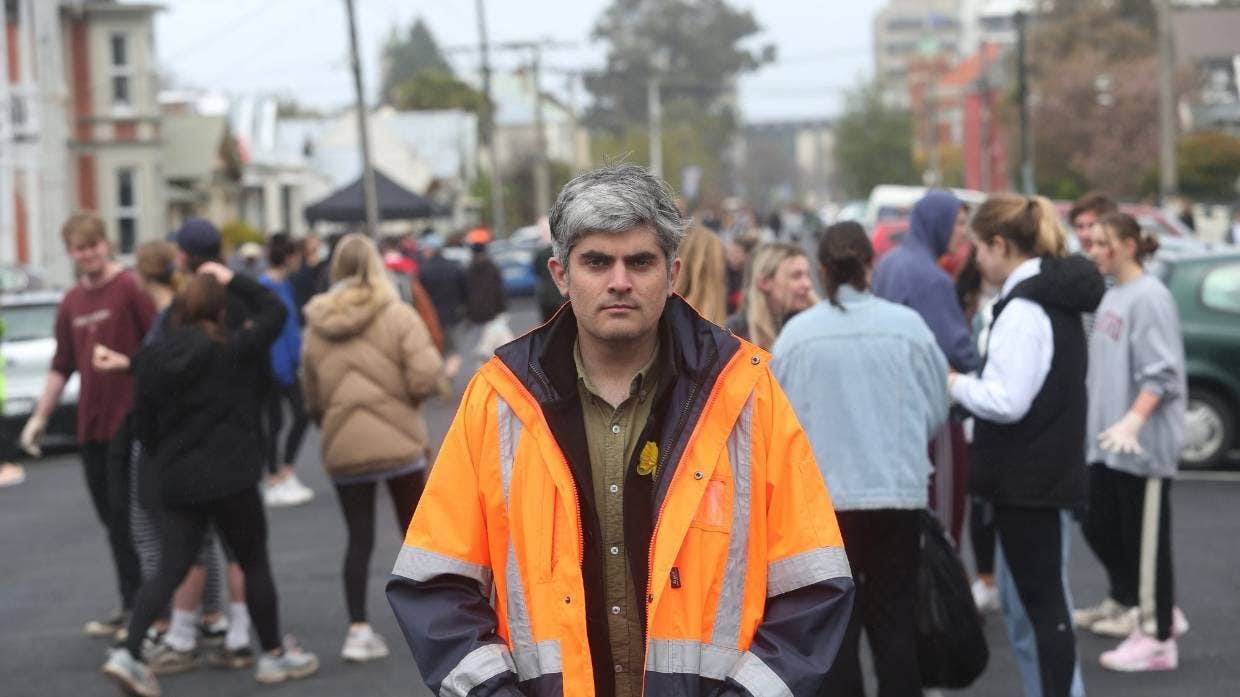
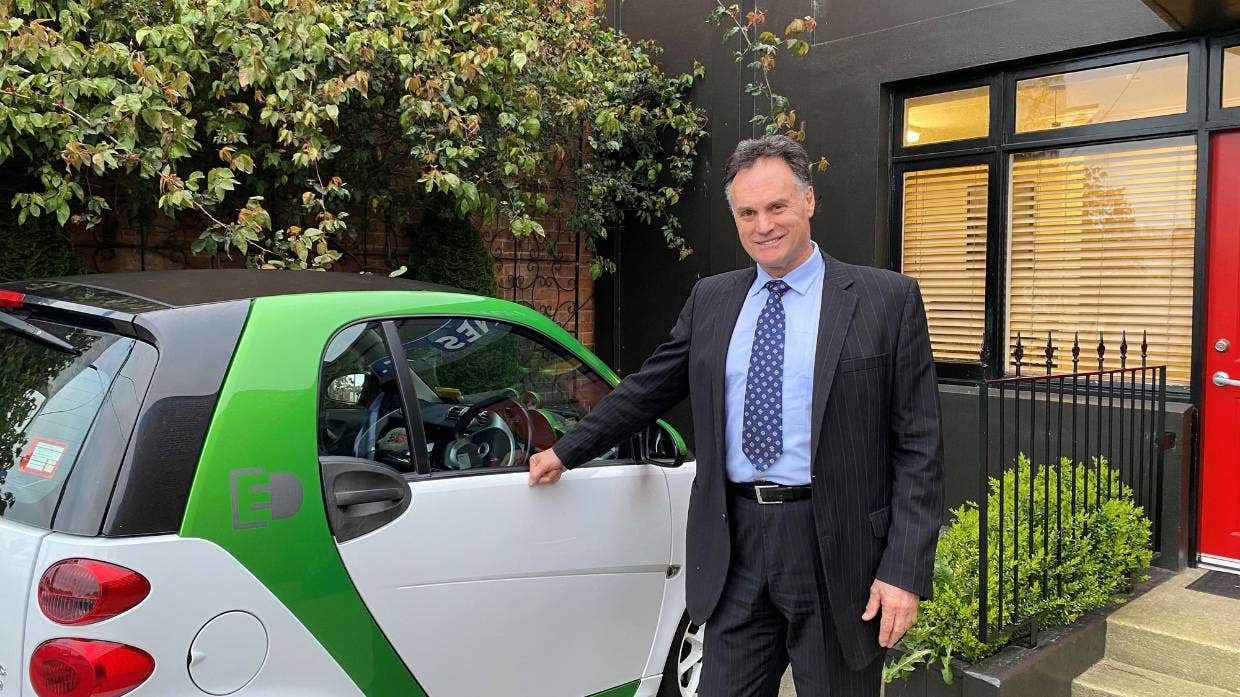



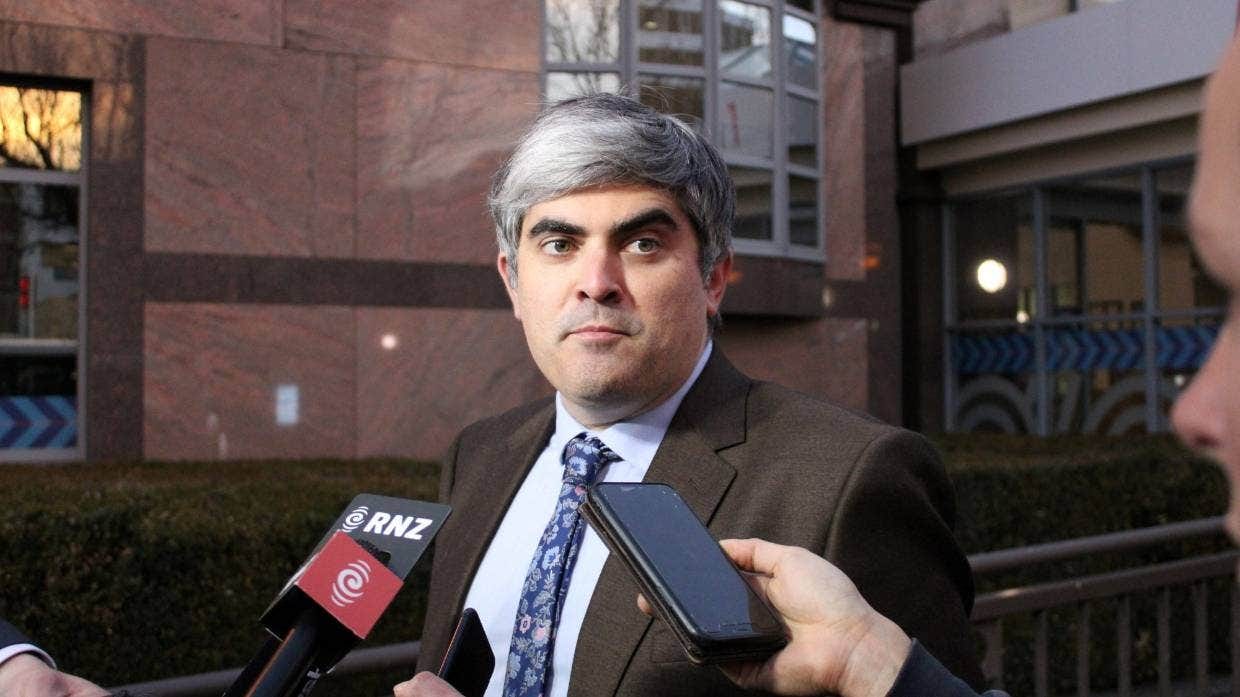
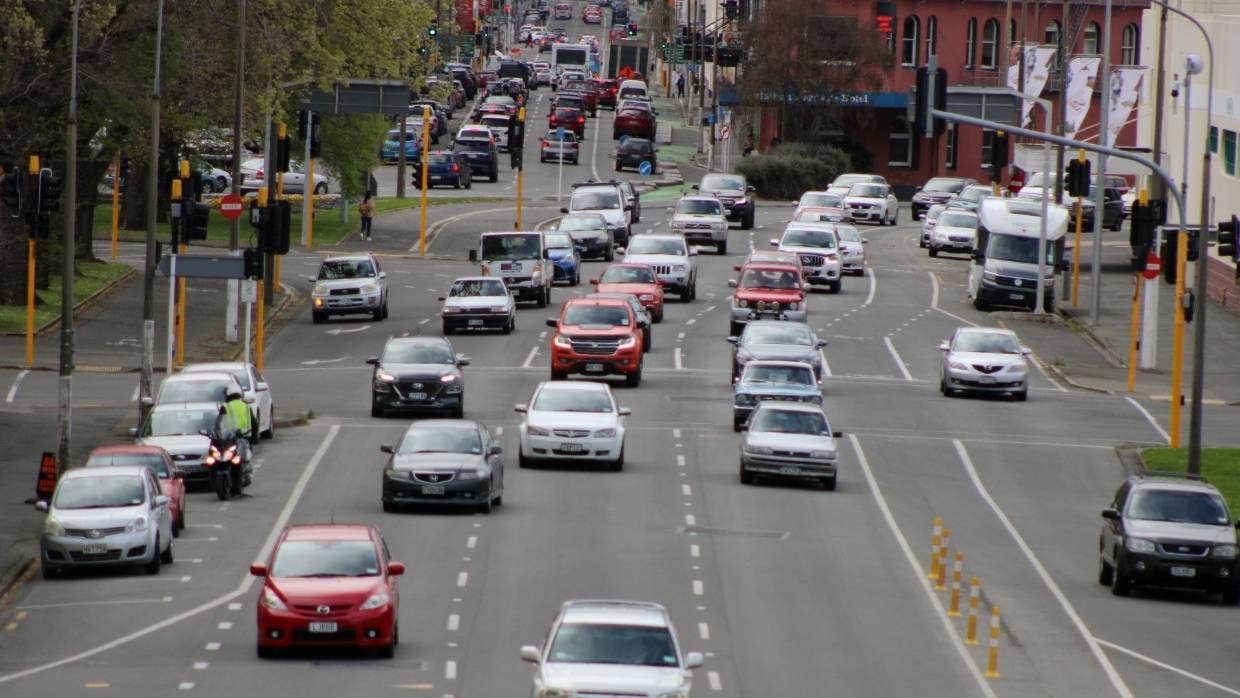
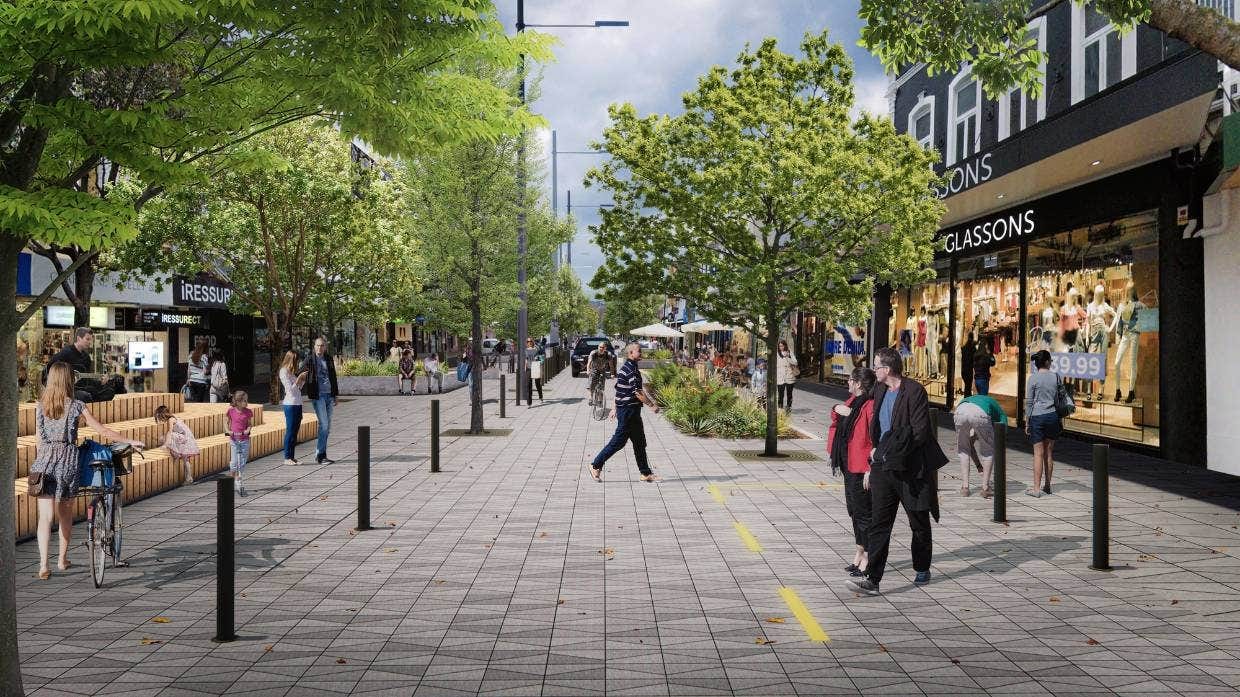
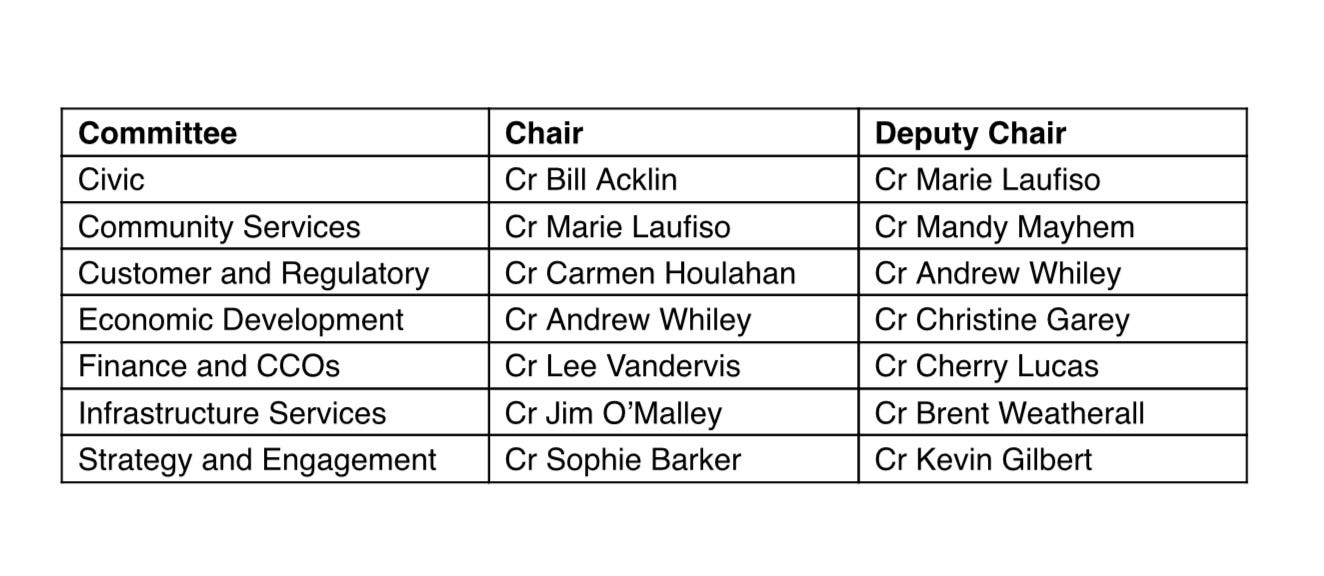


That was a really good piece you did on Aaron Hawkins. My wife and I moved to Dunedin from Australia in 2019 and, what with trying to settle in and dealing with various family issues, we haven't really had the time to become knowledgeable about local politics and issues. But I know I have seen a helluva lot of vitriol against Hawkins. And very little supporting him. But all the serious comment I've read about the man says he is a good person and genuinely concerned for the area. And the world as a whole. Vitriolic comment seems to be the flavour of the month/year here in Dunedin and NZ as a whole, the worst manifestation being the misogyny against PM Ardern. Maybe she needs to take a page or two from former Aus PM Julia Gillard's playbook and her now famous speech about the treatment she suffered whilst PM. It surprises me somewhat that she hasn't already done that. But I have to admit it's not not as bad or as blatant here as it was in Aus. Jacinda doesn't have arseholes of the quality of Tony Abbott or Alan Jones to deal with.
Maybe a Stuff article for you Hamish? How a billionaire run 128b Swiss fund is running NZ's local elections.
https://plebeianresistance.substack.com/p/would-you-trust-a-swiss-private-equity